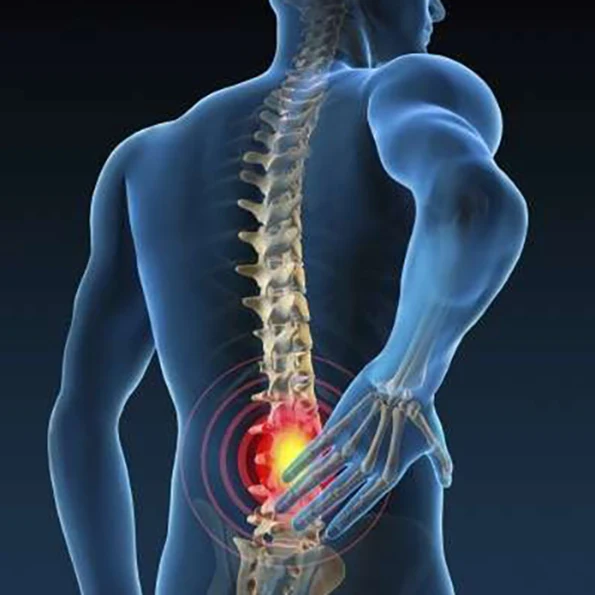1. Procedure Overview
Lumbar discectomy is a surgical procedure performed to remove a portion of a herniated or damaged intervertebral disc in the lower back that is pressing on a spinal nerve. This pressure can cause back pain, leg pain (sciatica), numbness, or weakness.
There are two common techniques:
Open Discectomy: A small incision is made in the lower back to access and remove the herniated portion of the disc.
Microdiscectomy: A minimally invasive version using a smaller incision and a microscope or endoscope for better visualization.
The goal is to relieve nerve compression and improve function.
2. Type of Anesthesia
The procedure is performed under general anesthesia.
3. Possible Risks and Complications
Infection
Bleeding
Nerve injury or persistent nerve pain
Dural tear (spinal fluid leak)
Recurrence of disc herniation
Blood clots
Anesthesia-related complications
4. Hospital Stay Duration
Patients typically stay in the hospital for 1 day, and in many cases, it can be done as a same-day outpatient procedure.
5. Important Post-Operative Care
Pain management and wound care
Walking is encouraged soon after surgery
Avoid heavy lifting, twisting, or bending for several weeks
Physical therapy if needed to restore strength and mobility
Gradual return to normal activities based on the surgeon’s advice
Follow-up appointments to monitor healing and symptom improvement.

